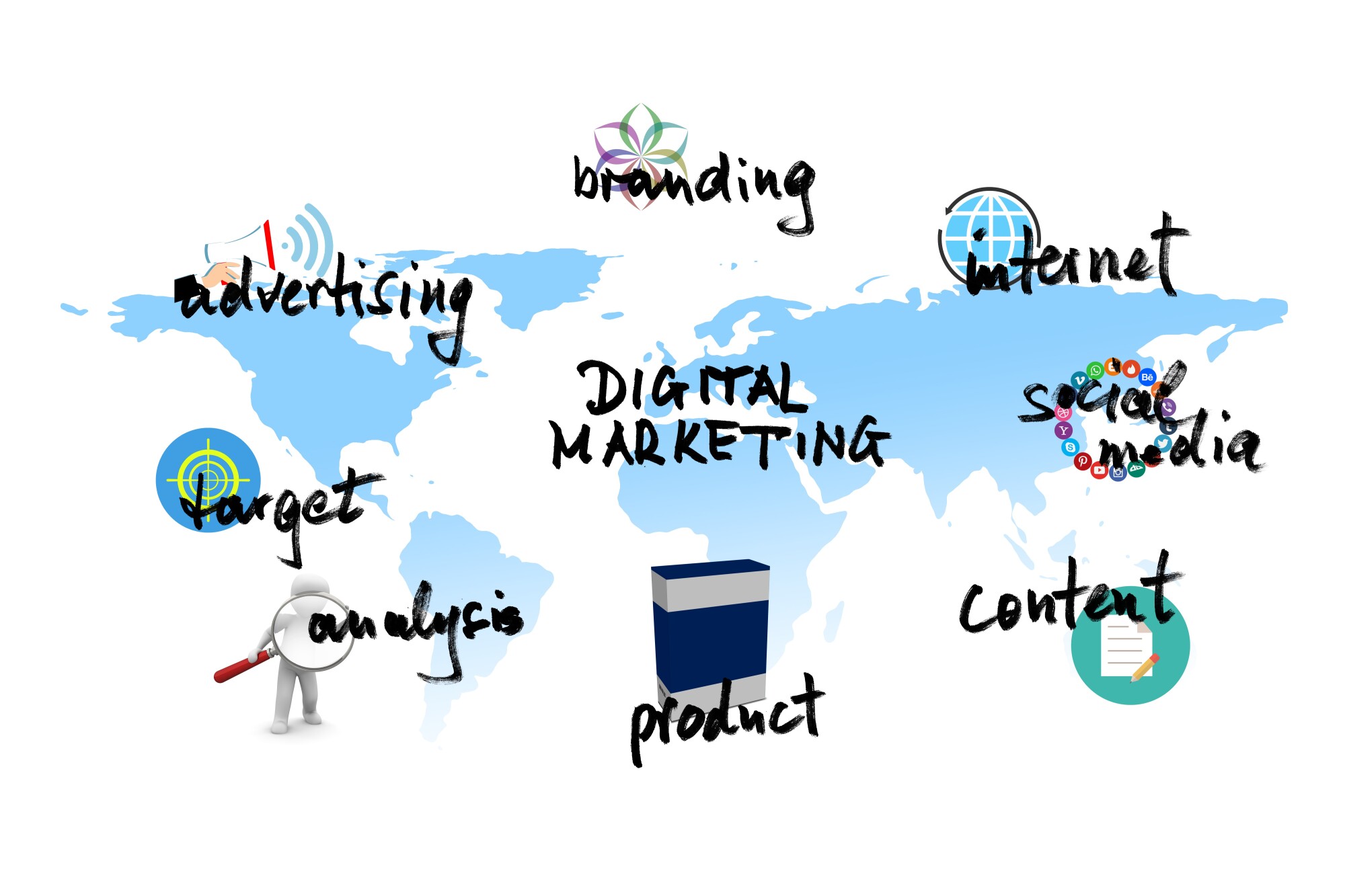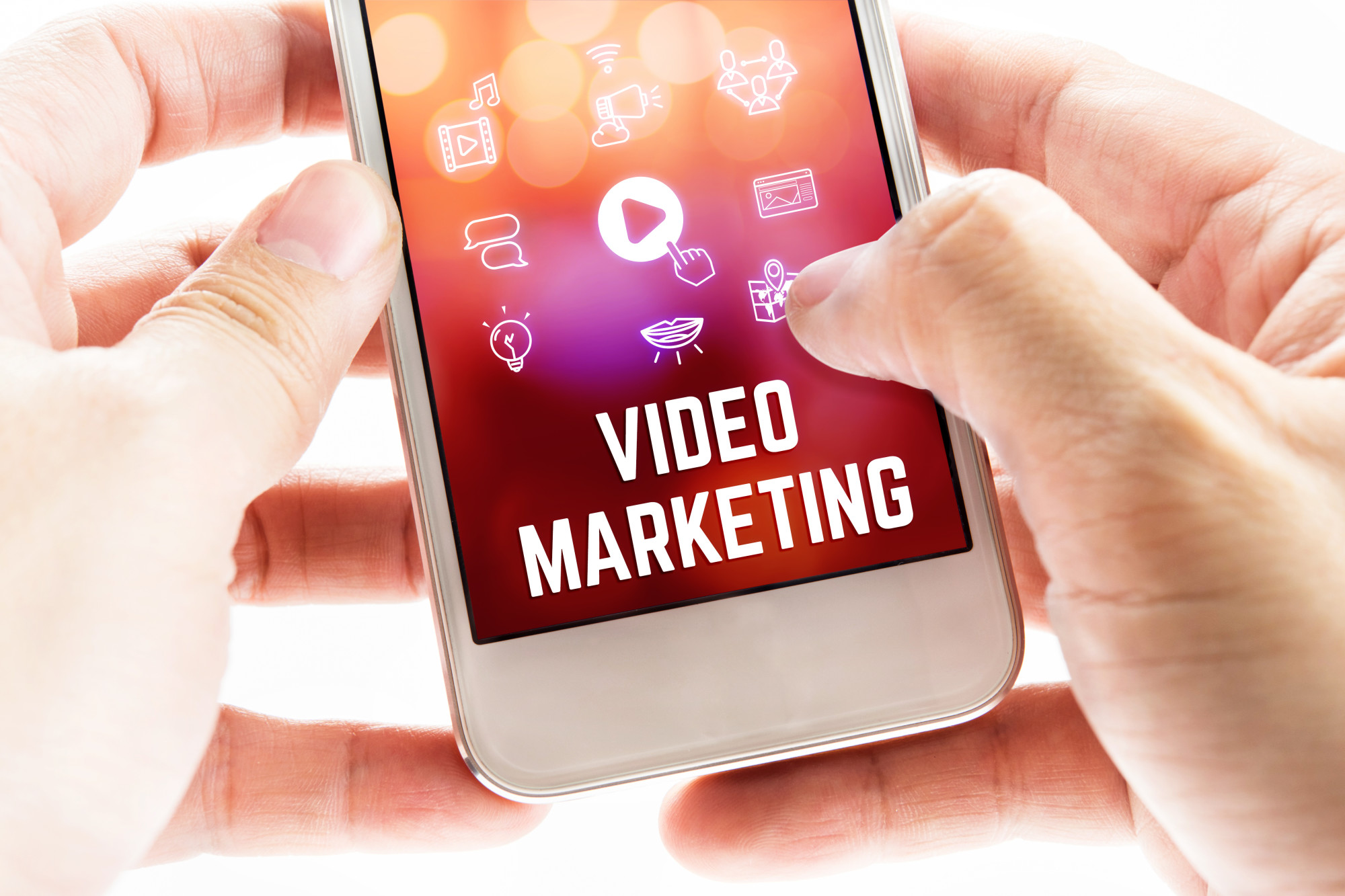It’s impossible to run a successful business in 2019 without leaning on social media at least a little. Almost 80 percent of businesses rely on social media to help spread the word about their products and services.
Small local businesses, in particular, have taken advantage of social media in a big way. About 50 percent of them say they’ve used a social media campaign to create more awareness around their brands and to drive their revenues up.
But businesses need to do more than just set up social media accounts and put up random posts on them to connect with customers. They need to figure out ways to either come up with strong social media campaigns on their own or turn to a social media marketing agency to put together surefire campaigns for them.
Here are 7 tips for creating a winning campaign.
1. Create Goals for Your Social Media Campaign
What is the purpose of your company’s next social media campaign going to be? Will it be to:
- Let your customers know about your new store that’s opening?
- Introduce a new product and explain how it works?
- Show off a new service that you’re going to be offering?
- Build up your customer base?
- Get new leads?
There are a lot of businesses that come up with a great idea for a campaign on social media but don’t take the time to define goals for it. As a result, it’s tough to tell if the campaign was a success at the end.
Shoot for the stars and come up with a list of goals you want to accomplish during your campaign. It’ll get things started off on the right foot.
2. Decide Which Social Media Platforms to Use
In a perfect world, the campaign that you come up with should extend across all the social media platforms that you use. These social media platforms might include:
- Snapchat
- And more
But here’s the thing: You don’t have to have your campaign run on all these platforms if it doesn’t make sense to do it. For example, if you have a strong following on Facebook but almost no following on Twitter, focusing all your efforts on Facebook might be the right move to make.
Of course, you also might want to incorporate Twitter into the mix if one of your goals is to pick up new followers for your business. But generally speaking, you shouldn’t feel obligated to shoehorn a campaign onto every social media site.
3. Outline a Calendar for Content
Once you have figured out your goals for your campaign and decided which social media platforms you’re going to target, outlining a content calendar will be the next order of business.
Whether you’re going to run a campaign for a week, a month, or even longer, your calendar will help to keep everything in good order. It might look something like this:
- Monday: Tease a new product on Facebook and Instagram and invite customers to guess what it might be
- Tuesday: Introduce the new product on Facebook and Instagram and let your customers know you’re mailing a free product to those who guessed correctly
- Wednesday: Post a video of the new product in action on Facebook, Instagram, and YouTube
- Thursday: Hold a Facebook Live Q&A and ask customers to submit any questions they have about your new product
- Friday: Start selling the new product on your website and include links to it on Facebook and Instagram
As you can see, setting up a calendar like this will help you develop a clear plan. Everyone within your company will be on the same page as far as rolling out information about your new product is concerned.
4. Put Together Unique Visual Components
Ideally, you want your customers to share some or even all of the social media posts that you put up during your campaign. One way to increase the chances of that happening is by putting together unique visual components.
You can do this by:
- Shooting original photos for your new product
- Putting together graphs, charts, and other eye-popping graphics based on your new product
- Using the video that showcases your new products to create memes and gifs
These visual components will be “shareable” and will motivate your customers to re-post them on their own social media accounts.
5. Schedule Posts for Your Campaign
Creating a calendar for your social media campaign is an amazing way to keep things organized. But you might be surprised by how often a company deviates from their set schedule because someone forgot to hit “Send” on a social media post.
Rather than relying on your own memory or your employees’ memories to remember to put up posts as part of a campaign, schedule them so that they go up at the right times throughout the campaign. It’ll be one less thing you have to worry about while it’s going on.
If you’re working with a social media marketing agency, you can also count on them to remember to put up your posts.
6. Keep Customers Updated
As long as you have a strong campaign in place, it will get your customers talking. They’ll respond to your posts and want to know more information about your business and your products or services.
Make sure you give it to them! Don’t just schedule your social media posts to go up and then forget about them. Check on them throughout your campaign and use them to interact with and form connections with customers.
7. Define the End of the Campaign
When is your social media campaign going to end? That’s a question you should ask yourself early on in the process.
Maybe you’ll end the campaign once you reveal your new product. Or maybe you’ll end it once you announce the winners of a giveaway.
Whatever the case, don’t leave your customers hanging. It should be easy to tell when your campaign is finished.
Finish by Reviewing Your Social Media Campaign’s Success
Once your social media campaign is complete, it’ll be time for you to fall back from social media for a few days while you review how the campaign went.
See how many of your goals you met and analyze what could have gone better during the campaign. It’ll help you when it’s time to start putting your next campaign together.
Social media can help businesses market themselves, but it can also be used for networking purposes. Read our blog to learn more about social media networking for businesses.







